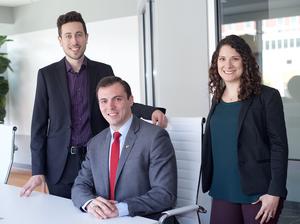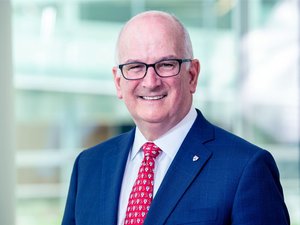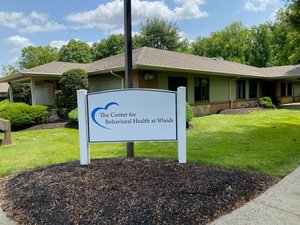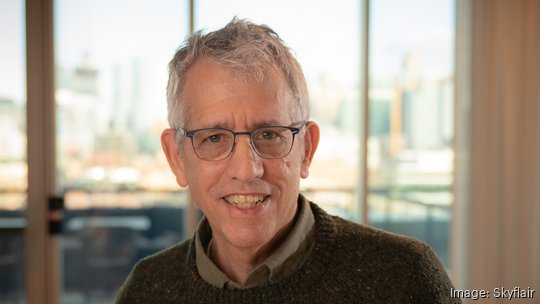
Dr. Gary Kurtzman is launching his first company after spending a large chunk of his career investing in and advising health care entrepreneurs and startups.
The former managing director of Safeguard Scientifics' health care portfolio is co-founder and CEO of route, which aspires to be the "Waze to mental health."
Route was established to be a digital navigator for mental health. The user-facing mental health app is a text-based, self-guided program designed to resolve specific internal conflicts. The program is self-contained, but the company anticipates that it will be combined with peer support and used in conjunction with traditional therapy.
The app features action-oriented insights, an algorithm-driven proprietary conversational model designed to replicate the deeper conversations typical in traditional therapy. Route is combing this with artificial intelligence to create an empathetic and personalized experience.
Similar to how Waze is a GPS navigation app that provides real-time traffic updates to help people find the most efficient way to get to their destination, Kurtzman says his Bryn Mawr company will help individuals with mental health challenges find their most efficient “route” to emotional wellness.
Kurtzman, also the former managing director and chief operating officer at Radnor life sciences venture capital firm BioAdvance, wasn't planning to become an entrepreneur. That changed when he spent time during the Covid-19 pandemic looking into the mental health industry.
"I was involved with some folks with the notion of raising a mental health fund for investments," he said. "That didn't materialize, but I learned a lot about mental health."
Kurtzman said the company is in the process of talking with potential investors for funding. He said the plan is to spend this year testing and fine-tuning the program before launching a direct-to-consumer product in 2024.
Kurtzman said a "burst of companies" — many focused on remote care via tele-psychiatry — were formed to address the growing need for mental health services that surged during the pandemic. Establishing effective business models, however, has proved challenging in part because the supply of mental health professions doesn't come close to meeting the demand.
"I teach my students in my health care entrepreneurship class that one of the problems with health care, in contrast to other industries, it doesn't scale very rapidly. [Building a successful business] takes years and lots of capital," said Kurtzman, a lecturer in the health care management department at the Wharton School at the University of Pennsylvania.
To scale more quickly, he believes companies should take principals out of other industries such as the technology field where products are marketed directly to consumers.
That lesson surfaced for Kurtzman about a year ago when a friend introduced him to psychiatrist Dr. Roger Gould's work involving a transformative approach to mental health that was developed over several decades. Tested on more than 100,000 individuals, his approach delivers a therapy-like experience through digital means.
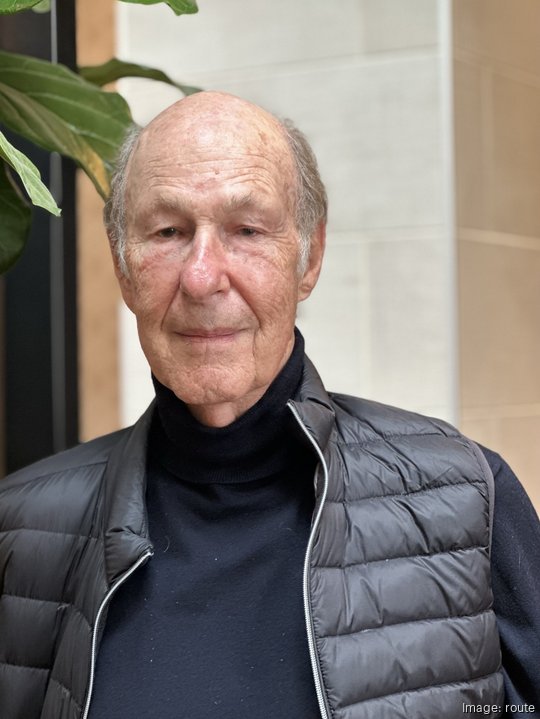
Kurtzman said the model promotes introspection, insight, and improved self-awareness. Unlike typical digital mental health services that address "surface-level" issues." he said, Gould's approach digs deeper, getting to the root cause and empowering individuals to tackle self-doubt and gain agency over their lives.
"I compared his approach to my own experiences with live therapy, and the similarities were remarkable," he said. "The missing piece was turning this approach into a product that could help those in need."
Route is built of a proprietary conversation model centered around three questions: What's bothering me?; What should I do about it?; and Why don't I do it?
The user's responses generate a personalized guide for users to help them navigate their emotions and mental health challenges. The "route" provided is designed to help individuals build resilience and find emotional balance. Kurtzman noted route is AI augmented, not AI enabled.
Route's app is not meant to address complex mental health conditions, Kurtzman said, but its use could help provide mental health professionals with more time to help patients with the greatest needs.
Two Penn students helped in creating and launching route.
One is Dasha Aven, a second-year Wharton student with consumer marketing experience whom Kurtzman said has a "deeply personal understanding of the value of therapy due to her own mental health journey." The second, Thomas Ross, who Kurtzman said came to Wharton with the intention of launching a mental health startup drawing from his experiences at Teach for America and his own mental health struggles. Aven is head of marketing at route; Ross is the company's head of product.
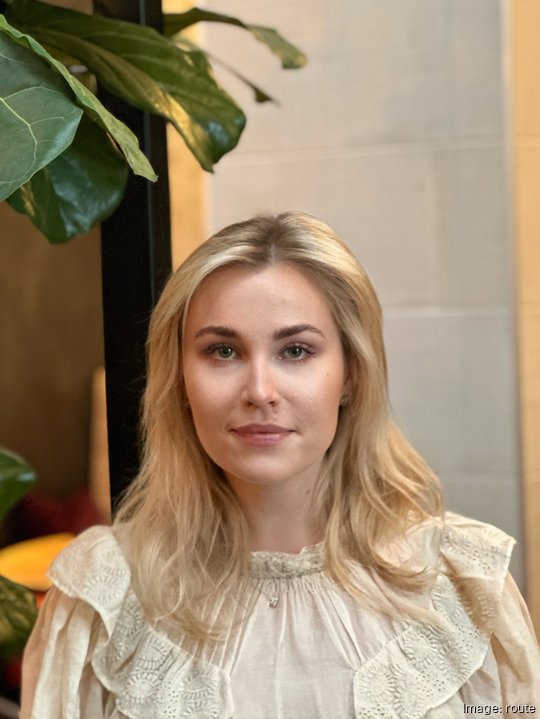
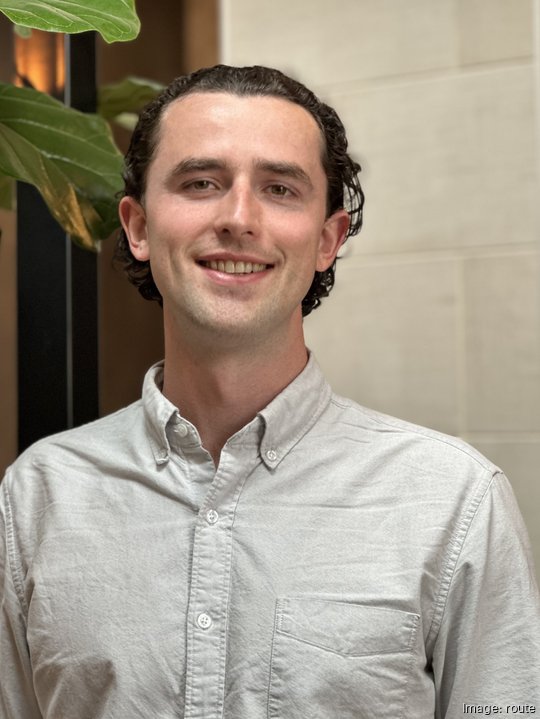
Gould is also onboard as the company's co-founder and chief clinical officer.
The four of them, Kurtzman said, assessed the opportunity, developed a strategy, determined the technical requirements, created a product, and launched route.
Their initial target market will be Generation Z.
"They are digitally native and mental health is a very big issue with them," Kurtzman said. "Problems like stigma and access are big issues for them."
The company intends to explore licensing the technology to existing behavioral health care providers so they expand the services they offer to patients.
"We could go to an organization like that and say [using route] you can either handle twice as many people or use half as many coaches or therapists," Kurtzman said. "We are testing this notion of therapy as a service. We believe there is an opportunity here."
